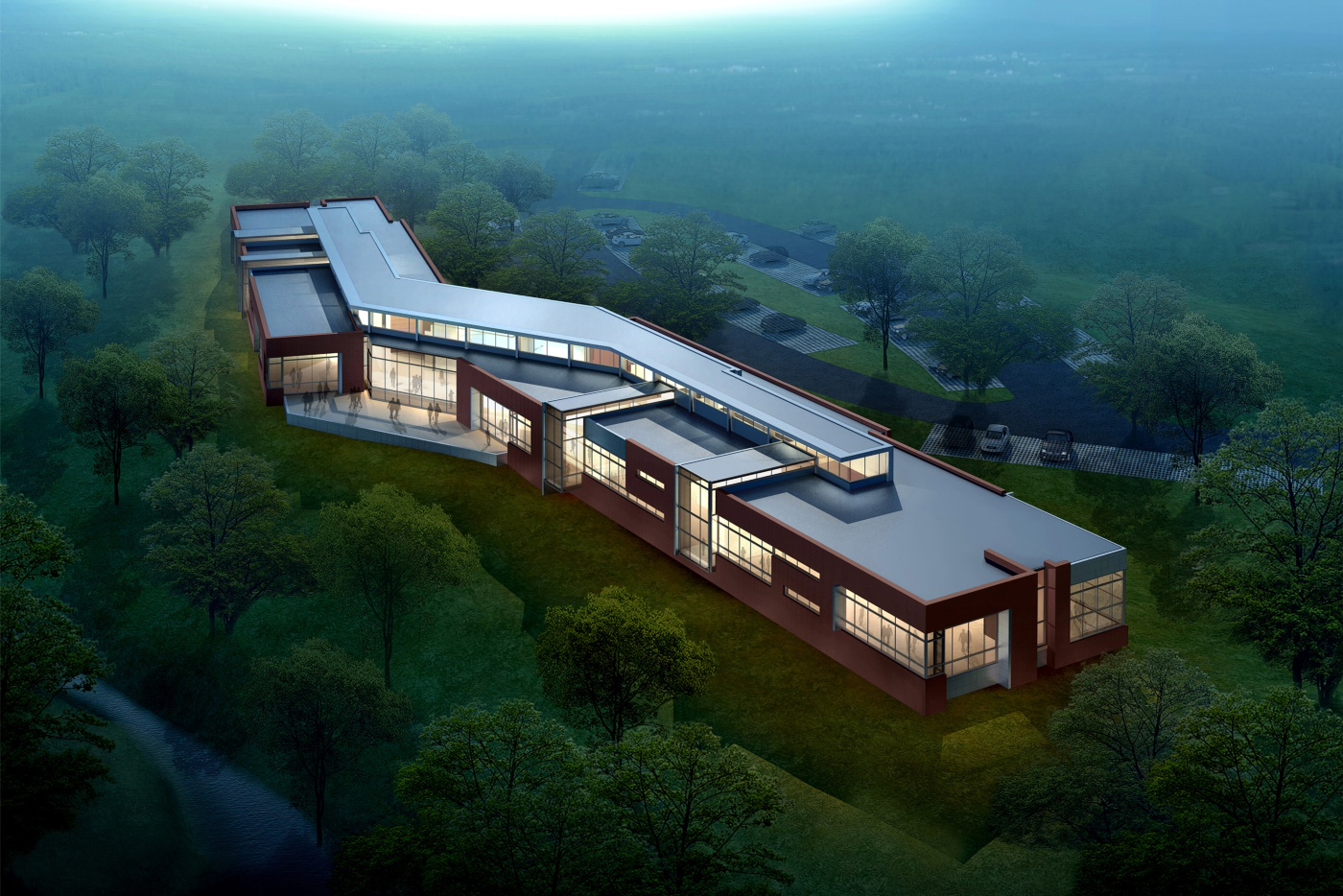Along with a larger book-buying budget and increased hours of operations at Wake County’s 20 libraries, is a commitment by library leaders to begin construction in 2014 on the first of six stalled library projects.
County Manager David Cooke said Tuesday he’s likely to recommend that Commissioners approve the library’s request for $9.5 million to build the Northeast Regional Library in Wakefield, a project on hold since 2003.
Budget presentations for the 2014 fiscal year begin Monday.
Adding and restoring services that improve the quality of life for residents could be a sign that Wake County is rebounding from several years of budget woes and programmatic cuts. When it opens in 2015, 22,000-square-foot Northeast Regional will add about $1.7 million to the county’s operating budget each year. Those are costs feasible for the county to absorb for the first time in five years, Cooke said.
“Things are getting better, so we think we can start building again,” he said. “But we’ve got to assess that each year, because you don’t want to take on more than you can pay for.”

A rendering of the Northeast Library. Image provided by Wake County.
An updated long-term capital improvement program also calls for new libraries to be built in Middle Creek, Morrisville and North Hills and for facilities in Cary and Fuquay-Varina to be replaced or expanded. According to the schedule, those projects would happen between 2015 and 2019.
But County Commissioners will revisit the capital improvement plan during the budget cycle each of those years. To move forward with those projects, the county has to ensure it can fund the increased cost of operating the libraries as they open.
The demand for more and better libraries is no question.
“When we established these projects, we had to demonstrate a clear need or they never would have been part of the planned bond referendum,” said Frank Cope, director of county community services. “Since then, the county’s population has only continued to grow. The demand is not diminishing.”
Construction funding isn’t a concern either. The Wakefield library was approved in a 2003 bond referendum and the rest of the projects were approved the same way in 2007. Residents have paid increased taxes since that time, and the dollars collected have been used to pay debt service on the bonds.
As the projects begin, bonds will be sold to pay contractors who work on the project. The market for bonds is strong, Cooke said.
While he’s confident the Wakefield library will make the cut for Monday, Cooke remained noncommittal about including library requests for restored hours of operation and more money for books — concessions made four years ago to avoid closing library branches and meet the tightened budget.
He’ll have to decide soon though. Presentations on that part of the budget begin May 20.